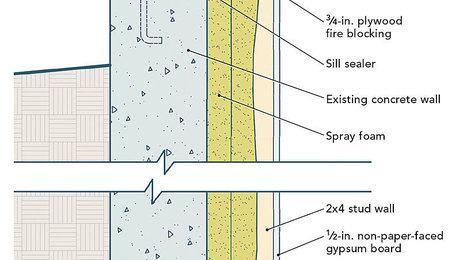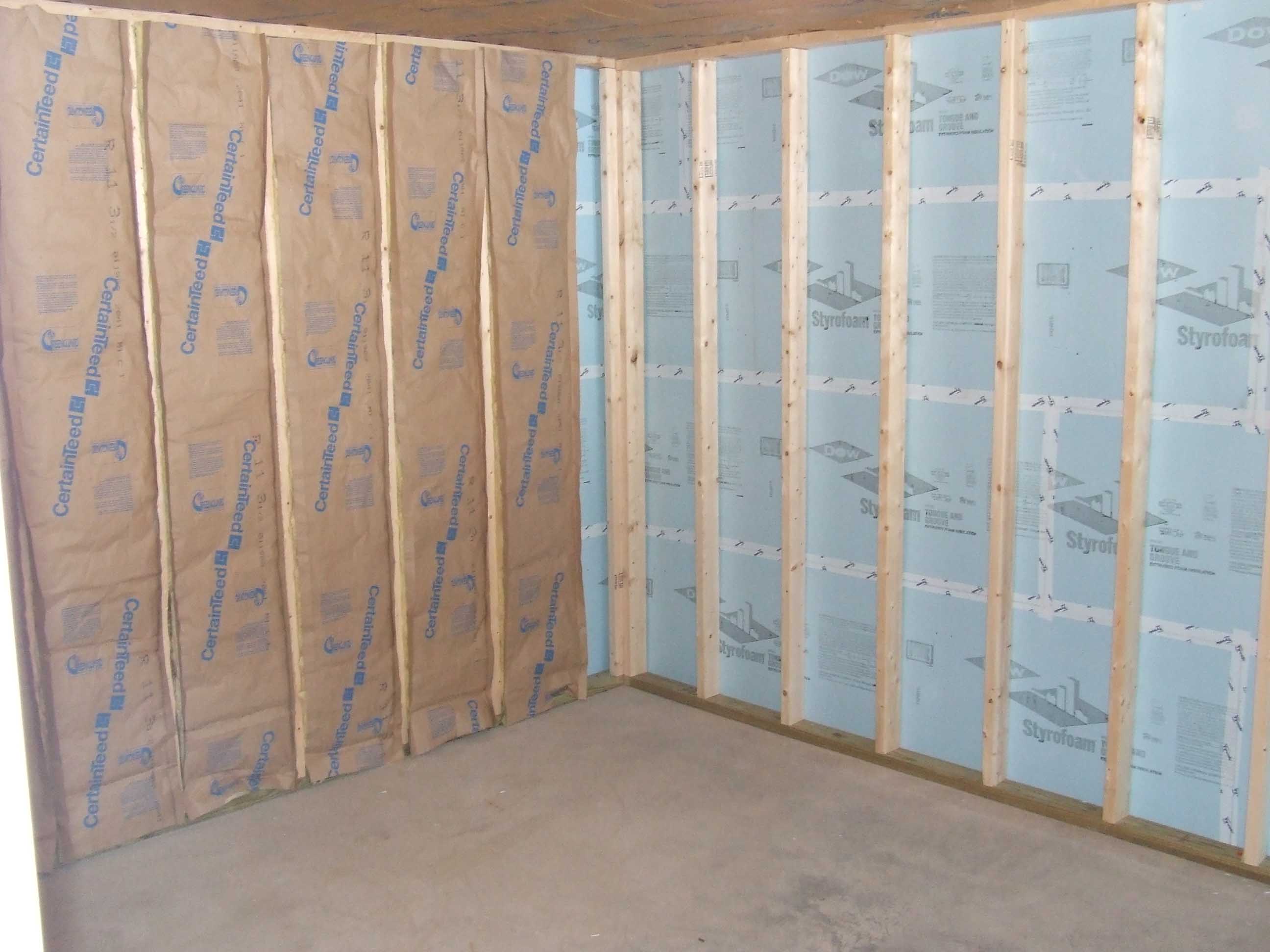I'm thinking of adding a mini split to my basement. The location is south west pa. I have added insulation to my floors (1in foamboard) and 2 inch foamboard on the walls and joists have 2inch foamboard plus r13 in batts. The rafters ate also insulated not debated on removing if it's heated. My guess is 2ft of the walls are above ground. The windows do need replaced though i put foamboard in them to help for now.
The temperatures range from 48 when is below 0 to 62 in the summer. The average is usually in the 50s though.
I'm planning on adding a studded wall with r13 batts insulation to most of the basement where it is possible. Also replace the old style windows also. Also it will be separated into the rooms but the biggest room id hslf of the basement.
I'm looking into either a 9000 mitsubishi hyper heat or a 12000 fugitsu. They both modulate 1700/3100 respectively not was wondering what I would possibly need at the coldest times. Other option though expensive is a mutizone to use a ducted version to the the bedrooms and a unit in the basement.
The temperatures range from 48 when is below 0 to 62 in the summer. The average is usually in the 50s though.
I'm planning on adding a studded wall with r13 batts insulation to most of the basement where it is possible. Also replace the old style windows also. Also it will be separated into the rooms but the biggest room id hslf of the basement.
I'm looking into either a 9000 mitsubishi hyper heat or a 12000 fugitsu. They both modulate 1700/3100 respectively not was wondering what I would possibly need at the coldest times. Other option though expensive is a mutizone to use a ducted version to the the bedrooms and a unit in the basement.



